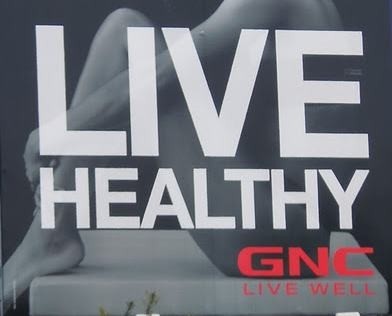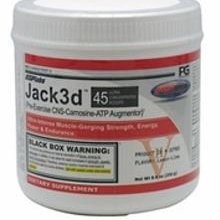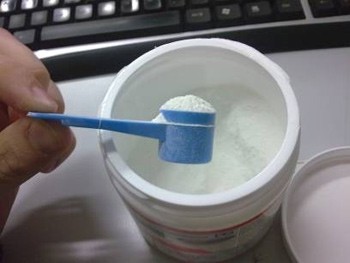FDA will 'consider whether regulatory action is warranted on DMAA'

The FDA was asked by NutraIngredients-USA to comment on the regulatory status of DMAA and whether this might be reviewed in light of a new probe into its safety by the US military and a lawsuit filed in California claiming USPLabs’ OxyELITE Pro and Jack3d supplements contain DMAA in a “synthetic form that is both illegal and dangerous”.
(Click here for details on the lawsuit; click here for details of the military probe into DMAA - launched following the death of two soldiers found to have DMAA in their blood.)
A spokesman said: “As a matter of policy, FDA does not comment on the safety, label or labeling, or claims made for products with parties other than the responsible firm during the course of any investigation for regulatory action.”
But he added: “FDA will, however, review the information contained in your email about this product.
"As with any complaint or concern we receive about FDA-regulated products, we will consider whether a violation of the Federal Food, Drug, and Cosmetic Act has occurred and, if so, whether regulatory action is warranted in light of FDA's enforcement priorities and resources.”
Health Canada: Products containing DMAA require authorization as drugs
There is an ongoing debate about whether DMAA, which was first manufactured synthetically by drug giant Eli Lily in the 1940s, is in fact a constituent of geranium, with the consensus growing that it is not.
The American Herbal Products Association (AHPA) recently told members that they should not label DMAA as geranium oil - or as any part of the geranium plant – in their products from January 13, 2012.
Health Canada has also issued a statement arguing that DMAA is not found naturally in geranium (as many supplement makers using it claim) and affirming that any products containing it require a drug authorization.
But it is still widely used in dietary supplements sold in the US.
NSF International: DMAA is not a constituent of geranium
Ed Wyszumiala, general manager of dietary supplements programs at analytical testing firm NSF International, said: “If someone shows me the evidence proving that DMAA is extracted from geranium oil, stems or leaves, I would love to see it – and see if I can reproduce the results in my lab using the same methodology.”
But all the evidence suggested that DMAA was in fact a synthetically-produced substance that was masquerading as a ‘geranium extract’ so that firms using it in supplements could say it was an approved food flavorant, he said.
If, as seems most likely, the DMAA in question is manufactured synthetically it should go through an NDI notification to show that it is safe, he said.
The figures don’t add up
The 1996 study that is repeatedly referenced to show that DMAA is a naturally occurring constituent of geranium oil from the species Pelargonium graveolens (Ping, Z.; Jun, Q. & Qing, L. (1996), "A Study on the Chemical Constituents of Geranium Oil", Journal of Guizhou Institute of Technology 25 (1): 82–85), suggested that the raw material contained just 0.66% DMAA, said Wyszumiala.
“Let’s say hypothetically this is true, even though I haven’t seen any other published research supporting it. If the percentages are correct, you would need thousands and thousands of tons of geranium starting material to produce even a tiny quantity of DMAA.”
Quite apart from the fact that using geranium oil as a source of DMAA would appear to be cost prohibitive given current wholesale prices, it did not appear to be practical solution, he said. “You can’t go out and buy metric tons of this stuff.”
USPLabs: We stand by the safety and efficacy of our products
USPLabs said it “respectfully disagrees” with the move by the US Department of Defense to recall Jack3d, OxyElite Pro and other DMAA-containing products from military facilities amid safety concerns.
A spokesman added: "The industry is working to ensure that product availability decisions are based on sound science, and not hearsay or erroneous media reports.
"We are confident that when the facts are known, the consumers' rights to make their own educated decisions will be restored.
"We stand by the safety and efficacy of our products."
A note published by the Defense Logistics Agency on December 7, says: "There is an ongoing review by the Department of Defense regarding potentially serious adverse health effects associated with DMAA. As a precaution, all activities are required to physically check the ingredients on all dietary supplements, weight gain, and muscle building products [sold in Army Air Force Exchange Services (AAFES) stores and other retailers on military facilities] .
"All products containing DMAA are to be pulled, and placed on medical hold. On hand inventories of products containing DMAA must be reported to accountable officers."
Click here to read about the lawsuit vs USPLabs.
Click here to read about a DMAA shipment confiscated in Bulgaria.
















